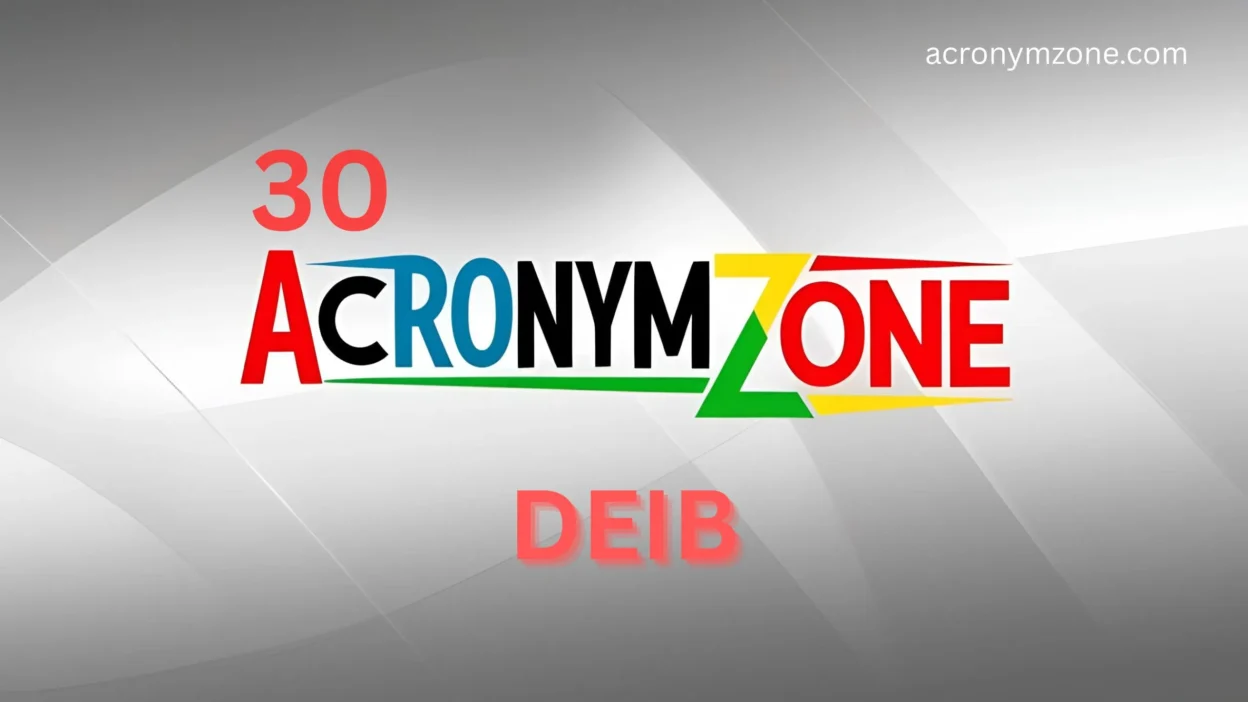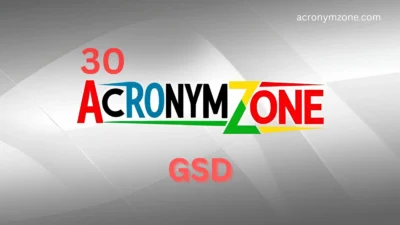In workplaces, schools, and communities around the globe, DEIB is more than just a trendy acronym—it’s a transformative framework for building better environments. DEIB stands for Diversity, Equity, Inclusion, and Belonging, and it reflects a set of values aimed at ensuring every person feels seen, valued, respected, and truly included.
But what if you want to describe these principles in other words?
In this article, we’ll explore 30 powerful alternatives to the DEIB acronym, helping you better express these ideas in different tones, settings, and emotional contexts. Whether you’re writing a blog, crafting a mission statement, or simply seeking the right word to express your values, these DEIB-inspired synonyms will guide you.
Let’s dive in.
🌍 What Does DEIB Really Mean?
Before we explore alternatives, let’s break down DEIB:
- Diversity – Embracing differences in race, gender, ability, culture, thought, and more.
- Equity – Ensuring fair access, opportunity, and treatment for all.
- Inclusion – Actively welcoming people from all walks of life.
- Belonging – Creating spaces where people feel emotionally safe, valued, and connected.
Together, DEIB promotes systems that are not just diverse, but deeply fair and human-centered.
💡 30 Alternatives to the DEIB Acronym (With Usage Examples)
These words reflect the essence of DEIB in nuanced ways. Use them depending on your audience, tone, or cultural setting.
1. Unity
Brings people together as one.
“The event was a celebration of unity and diversity.”
2. Acceptance
Welcoming people as they are.
“Our workplace thrives on mutual respect and acceptance.”
3. Equality
Treating everyone the same.
“Equality is a core value in our hiring process.”
4. Fairness
Making decisions without bias.
“We strive for fairness in promotions and reviews.”
5. Respect
Honoring differences and contributions.
“Everyone deserves to be treated with respect.”
6. Open-mindedness
Willingness to consider different ideas.
“Open-mindedness is essential for innovation.”
7. Empowerment
Helping others find their voice and value.
“Our programs focus on community empowerment.”
8. Representation
Ensuring everyone has a seat at the table.
“Leadership should reflect true representation.”
9. Allyship
Supporting marginalized groups actively.
“Allyship requires action, not just empathy.”
10. Cultural Awareness
Understanding and appreciating differences.
“Cultural awareness training helps reduce bias.”
11. Equitability
Creating balance in outcomes.
“We measure equitability through data and feedback.”
12. Inclusion
Actively bringing others into the fold.
“Inclusion is more than just numbers—it’s behavior.”
13. Multiculturalism
Valuing diverse traditions and backgrounds.
“Our curriculum is rooted in multiculturalism.”
14. Tolerance
Coexisting despite differences.
“Tolerance is the first step toward mutual understanding.”
15. Belongingness
The feeling of being part of a group.
“We’re building a culture of true belongingness.”
16. Justice
Correcting systemic inequality.
“Equity and justice go hand in hand.”
17. Authenticity
Being accepted for who you truly are.
“We celebrate authenticity in every form.”
18. Humanity
Seeing the shared dignity in all people.
“Our mission is rooted in common humanity.”
19. Solidarity
Standing together, especially in struggle.
“We show solidarity with marginalized voices.”
20. Compassion
Understanding others’ experiences with kindness.
“Compassion drives inclusive leadership.”
21. Inclusivity
Broad-reaching inclusion.
“We design our services with inclusivity in mind.”
22. Voice
Empowering people to speak and be heard.
“Every employee should have a voice in decision-making.”
23. Safe Space
Creating emotionally secure environments.
“We’re committed to building safe spaces for all.”
24. Intersectionality
Recognizing overlapping identities.
“An intersectional lens helps us serve better.”
25. Accessibility
Making environments usable for everyone.
“Digital accessibility is now a legal requirement.”
26. Collaboration
Working together with respect.
“True inclusion begins with real collaboration.”
27. Transparency
Being open and honest in policies.
“Transparency builds trust in diverse teams.”
28. Listening
Giving space for others to speak.
“Active listening fosters inclusion.”
29. Empathy
Feeling with—not just for—others.
“Empathy fuels equitable decision-making.”
30. Support
Uplifting others in their growth.
“We offer support systems for new hires from all backgrounds.”
🎯 Choosing the Right Word for the Moment
Use these alternatives based on your communication goal and emotional tone:
- For corporate writing, go with terms like inclusion, representation, or equity.
- In emotional storytelling, use belongingness, compassion, or authenticity.
- For community-building, words like solidarity, unity, and voice resonate deeply.
- When addressing legal or policy topics, use justice, accessibility, or transparency.
Be mindful of cultural settings too:
- In global contexts, terms like cultural awareness and multiculturalism help avoid overly Western frameworks.
- In activism or advocacy, intersectionality and solidarity carry more specific weight.
✅ Conclusion
Whether you use the DEIB acronym or one of its many meaningful alternatives, the heart of the message is the same: people matter. Their stories, identities, struggles, and triumphs deserve acknowledgment, fairness, and space.
Let your words reflect that.
Whether you’re writing policy, poetry, or a post on social media—use language that uplifts, includes, and empowers.
Because when we speak with empathy, we shape a world where everyone can truly belong.

Jhony Osta is a contemporary Lebanese pop singer known for performing at live music venues and events, particularly within the Lebanese diaspora in Canada. His music falls under the Pop genre.He released the single and music video “Bala Matroud” in 2023.You can follow his updates and music on social media platforms like Instagram and Facebook.




